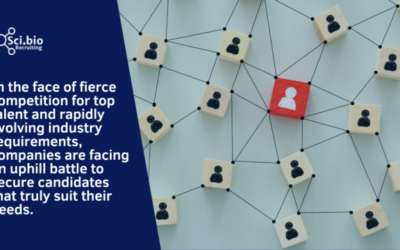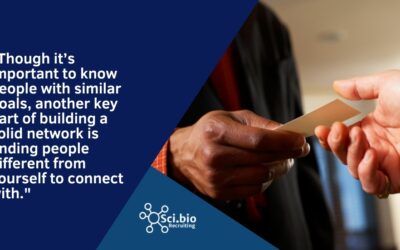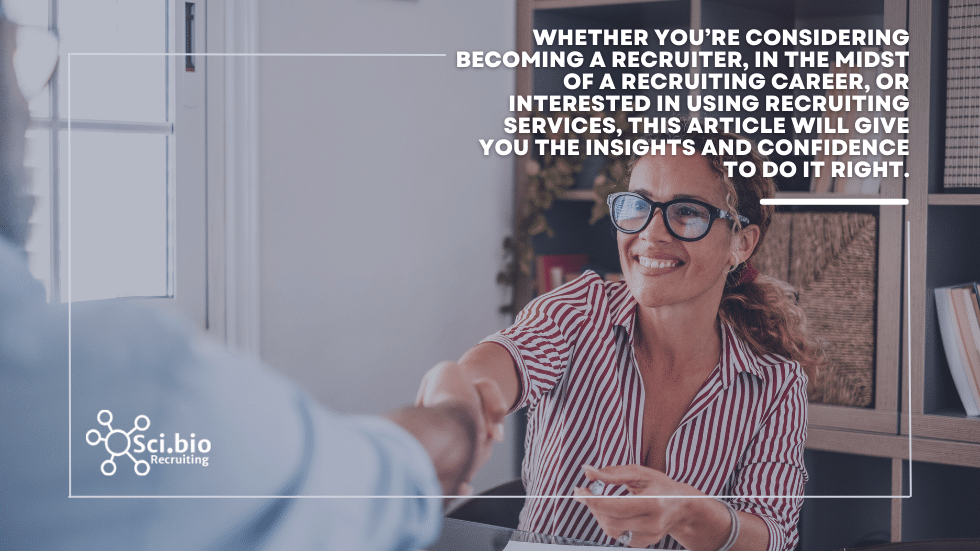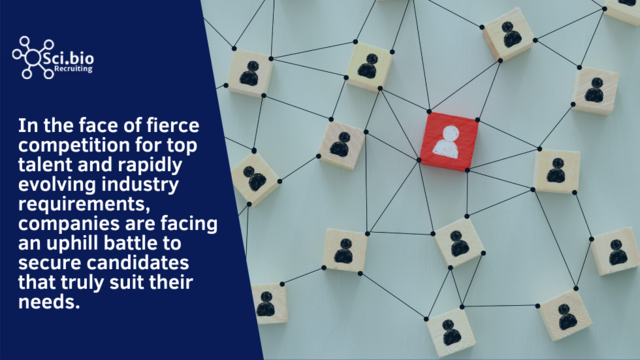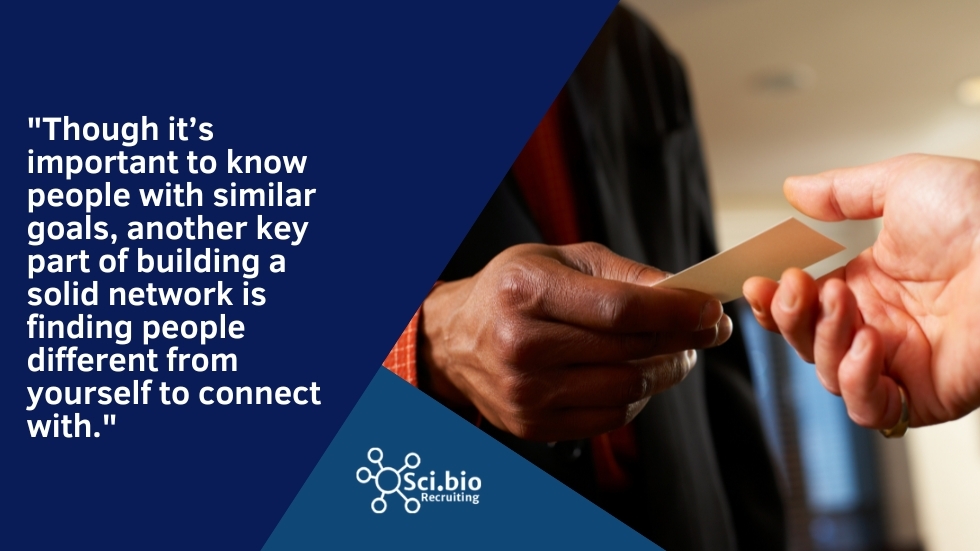AI can assist in the search for science talent, but doesn’t substitute for human judgment
Hiring in biotech is not for the faint of heart. You’re looking for a set of highly specialized skills—but so are your competitors. You may get a mountain of applications, but only a fraction of them will match your needs. With so much at stake, pharma and biotech companies are turning to artificial intelligence (AI) to help streamline the interview process and find the diamonds in the pile. In the destabilized job market resulting from the Covid-19 pandemic, companies offering this technology are reporting a surge in demand.1
Quick definition
A branch of computer science, AI involves programming computers to perform tasks that mimic the human mind, such as problem solving and decision making.2 AI has the ability to process much larger volumes of data than a human could handle, uncover meaningful patterns, and translate them into actionable information.
A tool in the shed
The use of AI in recruitment ranges from algorithms that scan resumes for key words to sophisticated video software that serves as a high-tech bouncer, screening candidates at the front door. During video interviews, AI technology can analyze a candidate’s facial expressions, vocal intonation, and choice of words to help assess job fit.3 The candidate may have no idea that, in effect, a robot is assessing her suitability for a position.
One Australian AI company offers a chatbot that poses open-ended questions to candidates and analyzes their responses to assess personality traits like drive, initiative, and resilience.4 The company is even developing a machine-learning model to predict the likelihood of changing jobs frequently—a propensity that employers naturally seek to avoid in their candidates.4
In theory, AI can also reduce hiring biases that a human interviewer would almost always bring to the table, even if subconsciously. For example, you can configure AI to ignore age, race, gender, and other variables when assessing candidate profiles. AI can also increase candidate engagement through automated chats, assessment questionnaires, and next steps.5
Not a panacea
As it turns out, AI’s alleged objectivity doesn’t always play out in the real world. AI relies on patterns—and these patterns can cause AI to fall prey to bias, just like humans. As explained by Prasanna Tambe, an associate professor at the University of Pennsylvania’s Wharton School of Business, “AI systems learn to make predictions based on data, and so predictions are generally more accurate for groups which have more data available.”3 If data on certain groups are scarce, the system won’t have the evidence to put forward candidates from these groups, creating a catch-22 of “no data, no deal.”
Equity concerns aside, some employment experts fear that AI could drive down wages. For example, some AI-based personality tests weed out candidates inclined to press for higher wages or support unionization.4 It also bears noting that candidates prepared to job hop—a red flag for many AI programs—may have more to offer: they know their own worth and have confidence that a competitor will recognize it. An AI algorithm that filters out such candidates may cause employers to lose out on the most creative and dynamic employees, in a case of “throwing out the baby with the bathwater.”
As shown in the graph below, all but 11% of respondents to a 2019 HR Research Institute survey had reservations about using AI for talent acquisition.6 Of note, 30% lacked confidence in the ROI of the technology, maintaining that it delivers too little value for the cost.6
What are the potential drawbacks of using AI for talent acquisition?
Bottom line: while AI can supplement human intuition and judgment, it cannot fully replace these qualities. When you work with an experienced biotech recruiter, you benefit from a wealth of human intuition, experience and expertise—and you can still use AI if it serves your purposes. Reach out to Sci.bio to learn how we can steer you toward the right talent at the right time.
References
1. Wall S, Schellmann H. MIT Technology Review, July 7, 2021.
2. IBM Cloud Education. June 3, 2020.
3. Bishop K. The Observer, March 1, 2021.
4. Hao K. MIT Technology Review, July 24, 2020.
5. Dawson J. Ideal, July 3, 2020.
6. The 2019 state of AI in talent acquisition. HR.com, 2019.


